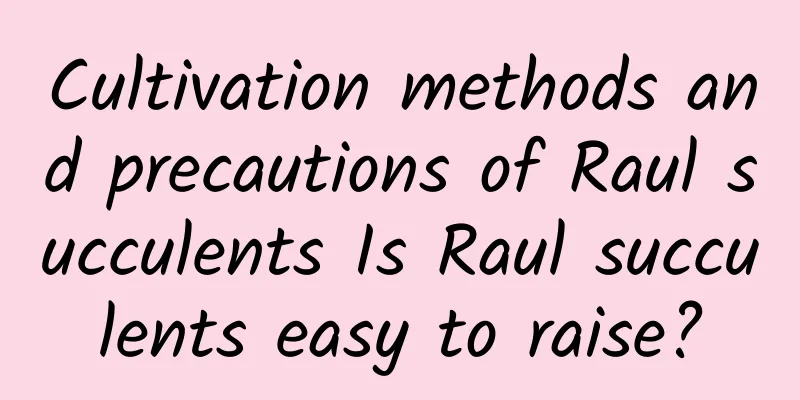Potting and maintenance of June snow

timeSerissa can be transplanted all year round, but March and April are the best time. PrepareThe best soil for potting is loam that is rich in humus, loose, breathable and well-drained. Generally, it can be prepared with 4 parts of decomposed cow dung, 1 part of decomposed cake fertilizer, 4 parts of garden soil, and 1 part of coal ash. It is best if the potted plants have no dead or diseased leaves, are in good growth condition, have a short and strong plant shape, and are free from diseases and insect pests. MaintenanceAfter transplanting into the pot, it should be placed in a semi-shaded place and normal maintenance should be resumed after a week. During the hot and dry season in summer, you should spray water on the leaves in the morning and evening to cool them down and increase the air humidity to facilitate their growth and flowering. At the same time, avoid direct sunlight. It is best to let June snow absorb scattered light. Pay attention to keeping warm in winter. In the east China region, you can safely spend the winter in a room where the temperature is above 5℃. Water the plants with 1% edible vinegar water once every half a month to avoid soil alkalinization and plant yellowing. During the growing season of June Snow, apply a thin layer of liquid fertilizer every 10 days or so. Because June Snow has a strong growth ability and branches often sprout from the roots, it needs to be pruned frequently to keep it beautiful. PrecautionsJust after transplanting, watering should be done with tap water that has been exposed to the sun, and the water temperature should be maintained. June snow is drought-resistant but not moisture-resistant, so watering should follow the principle of watering when the soil is dry and not watering when it is not dry. Prevent water from accumulating in the pot during the rainy season. In addition to soil fertilization, foliar fertilization should be carried out regularly, and the leaves should be sprayed with 1% potassium dihydrogen phosphate solution to adjust the pH and increase plant nutrition. In early spring, you need to move the June snow from indoors to outdoors. At this time, you need to do short pruning and pinching to keep the plant plump. It is best to repot it. |
<<: The difference between creeping vine and sedum
Recommend
How to cultivate yellow orchid
1. Maintenance methods 1. Substrate selection: It...
The efficacy and function of rose flowers
The ornamental function of roses Gardening Roses ...
Sweet potato planting time
Sweet potato, also known as sweet potato , sweet ...
When is the best time to plant strawberries in the south?
Strawberry planting time in the south The plantin...
The efficacy and function of weeping begonia
Medicinal effects of weeping crabapple The weepin...
What to do if black spots appear on the leaves of peach beauty
1. Caused by watering If you find black spots on ...
Cultivation methods and precautions of variegated Schefflera
1. Breeding methods 1. Soil: Variegated Scheffler...
The causes and treatments of yellow leaves of seven-mile olive
1. The temperature is too low 1. Reason: The most...
How to make orchids take root quickly
How to quickly root orchids 1. Planting of miscel...
How to water Elm in winter
Watering of Elm in Winter In winter, the small-le...
How to grow dogtooth flower
1. Maintenance methods 1. Temperature: It is resi...
Don't plant these 4 kinds of flowers lightly, they will grow so fast that there will be no place for them to stay
Pendant Maintenance tips: 1. It likes light and i...
Money tree propagation method, both division and cutting are possible
1. Cutting propagation 1. Cutting time: Money tre...
What to do if the root of Kalanchoe turns black
1. Causes of blackening During the maintenance pr...
How to spend the summer with the magic wand
1. Block out the sun If the magic wand wants to s...









